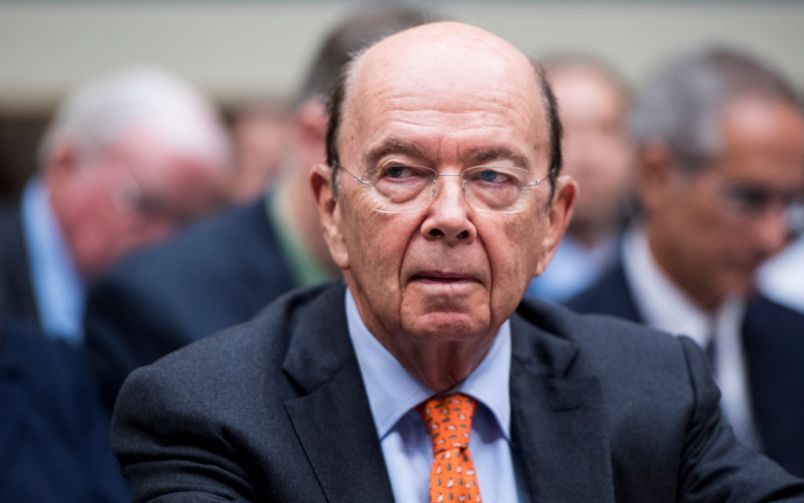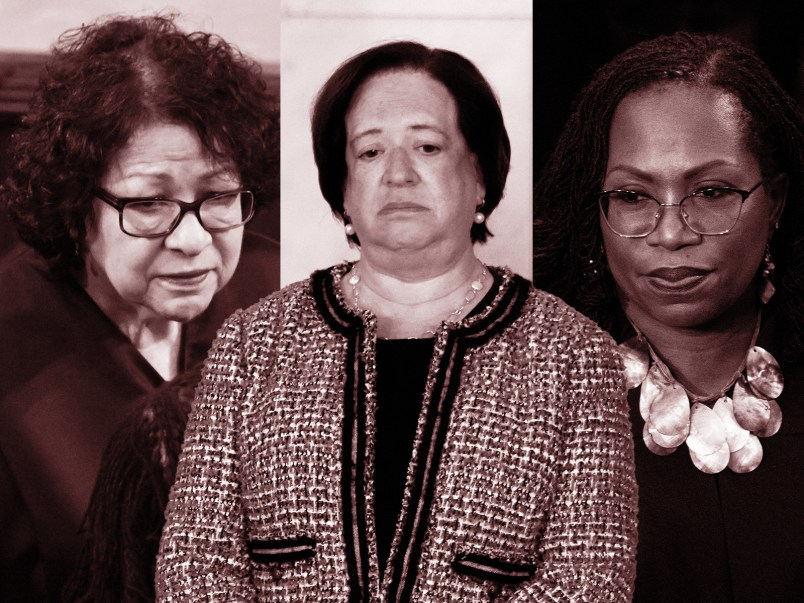The Office of Government Ethics (OGE) said in a letter made public Tuesday that Commerce Secretary Wilbur Ross had yet again claimed to sell a stock when in fact he hadn’t done so, contrary to an ethics pledge he made upon joining the Trump administration. As a result, the office’s director wrote, Ross’ latest financial disclosure was not certified.
“On July 12, 2018, the Office of Government Ethics (OGE) sent Secretary Ross a letter expressing concern over the errors on his financial disclosure forms and his failure to comply with his ethics compliance agreements,” OGE Director Emory A. Rounds III, a Trump appointee, wrote to the Commerce Secretary’s designated agency ethics official on Friday in a letter made public Tuesday. (OGE warned Ross in July that his “various omissions and inaccurate statements” in financial forms “created the potential for a serious criminal violation.”)
Rounds continued Friday: “Thereafter, the Secretary’s October 31, 2018 transaction report showed that, despite this admonition, the Secretary had not in fact sold all his BankUnited stock prior to certifying his compliance with his ethics agreement and filing his annual report in 2018. As a result, his annual report inaccurately reported that he had sold all of this stock when in fact he had not done so. Therefore, OGE is declining to certify Secretary Ross’ s 2018 financial disclosure report because that report was not accurate and he was not in compliance with his ethics agreement at the time of the report.”
Ross responded in a statement: “While I am disappointed that my report was not certified, I remain committed to complying with my ethics agreement and adhering to the guidance of Commerce ethics officials.” (Read Ross’ full statement below.)
A quick refresher: In early 2017 when Ross joined President Donald Trump’s Cabinet as Commerce Secretary, he signed an ethics agreement requiring that he divest his stock in BankUnited, Inc. — and many other companies — within 90 days of his Senate confirmation, or by May 2017.
But as the Center for Public Integrity demonstrated in December, Ross twice falsely claimed to have sold the stock: First in a September 2017 transaction report and then in the annual financial disclosure he filed in August 2018.
CPI’s report was based on an October 31, 2018 transaction report in which Ross himself acknowledged that those documents weren’t accurate and blamed “a mistaken belief that the agent executed my sell order on that date.”
Ross had continued to own the stock, the secretary himself acknowledged, until that very month. Though the holding’s value is only a few thousand dollars, it rose in the 16 months that Ross held onto it, and it fits a pattern of false claims of divestiture from Ross.
The October admission was evidence, Rounds wrote Friday, that the August annual financial disclosure was inaccurate.
Earlier this month, the Campaign Legal Center wrote to the Commerce Department’s Inspector General’s Office asking it to look into whether Ross broke the law with the errors. If the errors were made knowingly, CLC wrote, “that would constitute a violation of the criminal false statements statute.”
Sen. Ron Wyden (D-OR), the ranking member of the Senate Finance Committee and a past critic of Ross’ financial entanglements, told TPM in a statement Tuesday: “Trump’s own ethics watchdog today confirmed that Secretary Ross violated his ethics agreement and federal ethics laws by lying about stock holdings he was supposed to divest.”
“Ross lied repeatedly, for years, about selling off stocks that posed a conflict of interest,” Wyden continued. “Ross continues to show open disdain for the most basic checks on corruption.”
Read Ross’ full statement below:
“When I joined the Department of Commerce, I agreed to divest many of my financial interests. Among those were shares of BankUnited stock I was awarded when I served as a director between 2009 and 2014. I directed the sale of those shares in May 2017.
“I later discovered that I continued to hold 100 directors qualifying shares of BankUnited stock. These shares were held in book entry form by BankUnited’s stock transfer agent. I previously reported selling the shares on May 31, 2017 based on a mistaken belief that the agent executed my sell order on that date. These 100 shares were worth approximately $3,700, an amount that federal regulations deem de minimis and below the threshold of a possible conflict of interest. Therefore, even if a BankUnited matter had come before the Department while I owned the shares – and I have not been made aware of any such matter – I would not have been disqualified from working on it. As soon as I learned that the shares had not been sold, I again took action to direct their sale and disclosed the sale of these 100 shares on October 31, 2018, correcting the only known error in my annual report. While I am disappointed that my report was not certified, I remain committed to complying with my ethics agreement and adhering to the guidance of Commerce ethics officials.”










